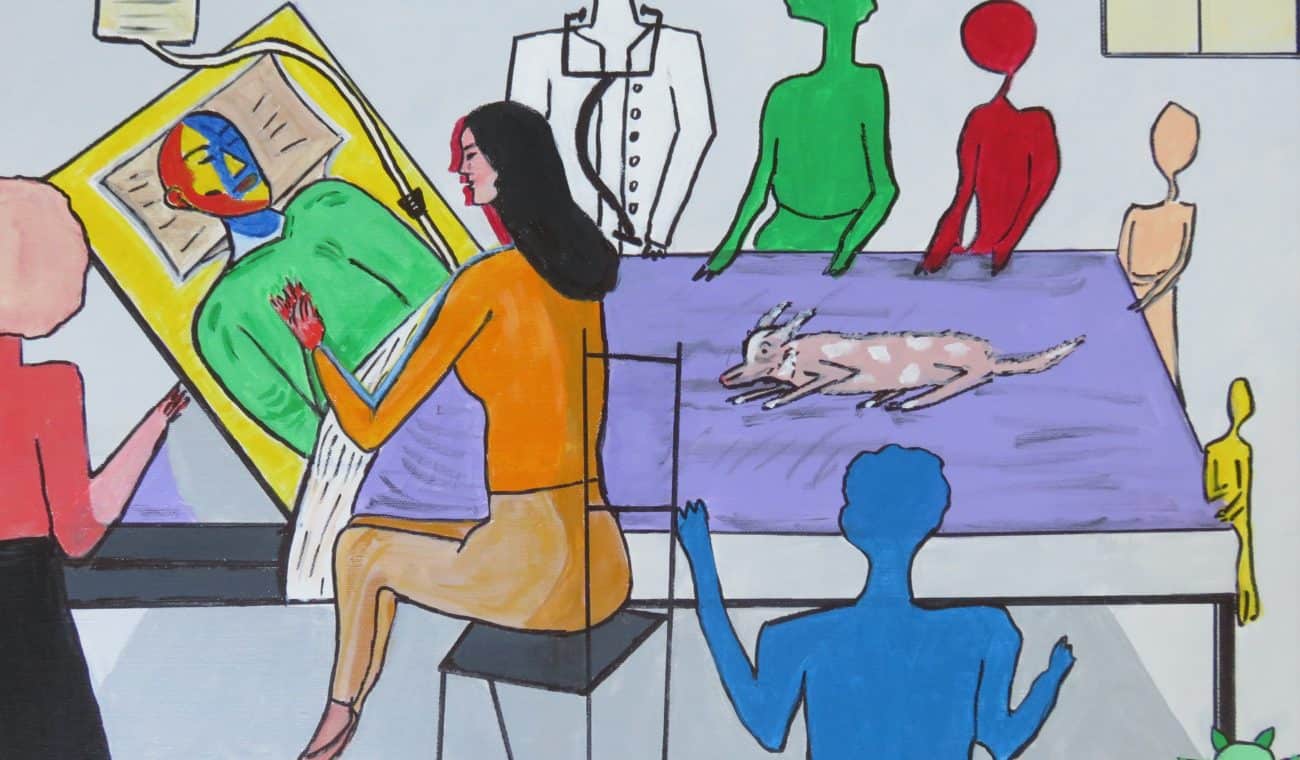‘Doctors for End of Life Choice’ support a YES in the referendum
We are a group of 23 doctors from a range of specialisms. Our collective experience has convinced us that assisted dying should be a choice open to terminally ill New Zealanders. That’s why we’re voting YES in the End of Life Choice referendum on 19 September – and ask you to do the same.
We support the End of Life Choice Act because:
1. We do not want patients to suffer against their wishes at the end of life. Even with the best hospice and palliative care, a small number of patients suffer unbearably as they die. This law will give those who want it the option to request life-ending medication and decide for themselves when their suffering has become unbearable.
2. Research has confirmed that in the jurisdictions where laws have already been passed to allow assisted dying, they are working well; in some cases assisted dying is comfortably integrated with hospice and palliative care to give seamless care. There is no evidence of abuse of the elderly, disabled or vulnerable. Trust in doctors has risen; suicides have not. New Zealand’s Act is one of the strictest in the world, with a clear and thorough process, multiple safeguards and automatic review systems.
3. The majority of New Zealanders support choice for terminally ill people at the end of life. What’s more, a majority of MPs in our Parliament support this law coming into force in New Zealand. Many doctors and nurses support the End of Life Choice Act becoming law and the New Zealand Nurses Organisation is to be commended for changing its position statement to reflect this.
4. Our careers have shown us that New Zealanders value their autonomy and this is no different at the end of life. Many terminally ill patients want to have control over the timing and manner of their death and would take great comfort in knowing that they could ask for life-ending medication if they felt their suffering became unbearable.
5. Suicide is legal in NZ and the Office of the Chief Coroner attributes 5-10% of the deaths they review, to rational dying adults ending their lives to end their suffering. This is about one per week. This type of suicide is expected to decrease with the availability of legal assisted dying and in this respect the End of Life Choice Act offers increased safety.
6. A good death can occur where the terminally ill, mentally competent, and badly suffering patient is given medical help to die at their request. Their loved ones can be with them and ceremonies can be held as wanted while they are still awake. Many describe them as beautiful occasions. We want terminally ill New Zealanders to be able to die on their own terms.
Dr Jack Havill, retired Intensive Care Medicine Specialist
Dr Libby Smales, Grief Counsellor, Palliative Care Specialist
Dr Gary Payinda, Emergency Medicine Specialist
Dr Carol Shand, retired GP and Sexual Health Physician
Dame Margaret Sparrow, retired Sexual Health Physician
Dr Rowan Stephens, retired GP
Dr Jay Kuten, retired Psychiatrist
Dr James Davidson, retired Pathologist
Dr David Robins, retired GP, Anaesthetist and Obstetrician
Dr John Duncan, GP
Dr Marion Leighton, GP and Palliative Care Specialist
Dr John Musgrove, retired GP
Dr Stanley Koshy, GP
Mr Frank Kueppers, Uro-Oncologist, Surgeon
Dr Alastair MacDonald, retired Renal Physician
Dr Barry Suckling, retired GP
Dr Jim Vause, GP (former RNZCGP President)
Dr Stuart Tiller, GP
Dr Alison Glover, GP
John Bonning, Emergency Medicine Specialist
Mr John Harman, retired Surgeon, Founder of St Marks Breast Centre
Dr Jonathon Baskett, retired Geriatrician
Dr Miles Williams, Cardiologist

